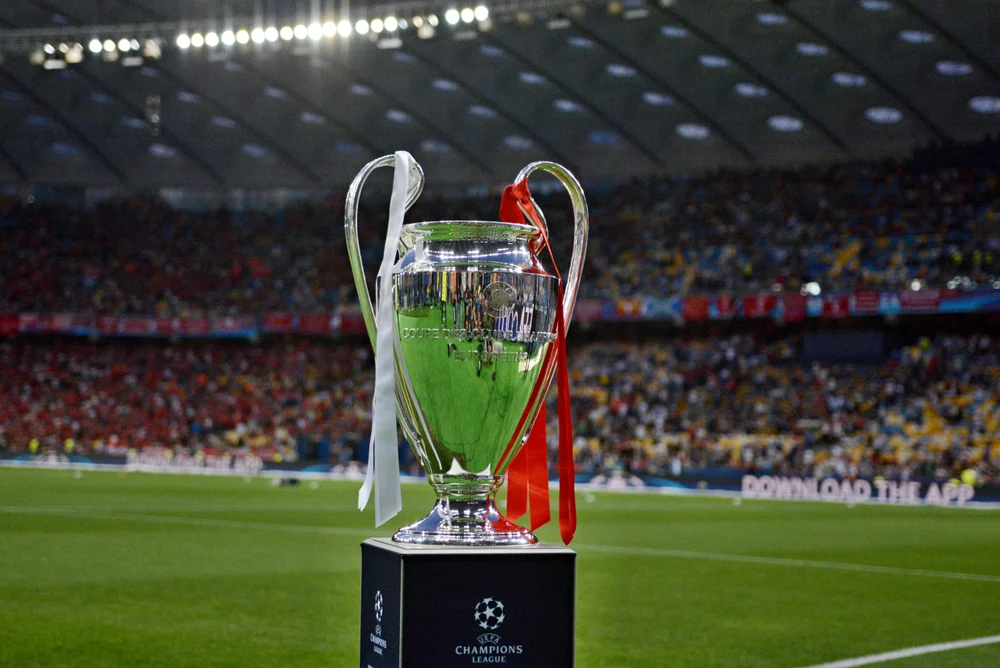UEFA has unveiled its revamped format for the Champions League next season, emphasizing that “every game counts.” The current group stage, featuring 32 teams divided into eight groups of four, will be replaced by a single league of 36 teams. This new setup entails each team playing eight matches against opponents of varying strengths. The draw for this expanded group stage is so intricate that it necessitates computer assistance, as a manual process could take up to four hours.
The overhaul introduces 64 additional matches, generating substantial revenue. This influx of matches, distributed across the group stage and a new knockout playoff round, could prove advantageous for the so-called “smaller” teams in the Champions League, affording them more playing opportunities compared to the existing format.
However, the benefits for smaller clubs hinge on how revenue is distributed, considering the significant disparities observed in earnings among clubs in the current group stage. UEFA asserts that under the new format, smaller clubs will receive a larger share of the prize money.
The aim of the new format is to eliminate “meaningless” group stage games by assigning importance to every match. Yet, this emphasis on the group stage may inadvertently diminish the excitement of the knockout stage. The knockout stage structure incentivizes teams to finish higher in the group stage to secure potentially easier matchups. Consequently, the round-of-16 and quarterfinals could feature more predictable outcomes.
While this may result in less enthralling early knockout rounds, UEFA might view it as a worthwhile trade-off for a more extensive and supposedly more engaging group stage. Data from marketing firm MiQ suggests that average viewing times for the group stage, round of sixteen, and quarterfinals remain relatively consistent. The increased viewership from more meaningful group stage matches could offset any potential decline in viewership due to one-sided early knockout matches.
However, the success of the new format ultimately hinges on viewer reception. While the expanded group stage promises clashes between top teams, the likelihood of a “group of death” scenario, as seen in previous seasons, is diminished. With eight matches to play and the safety net of the playoffs, surprise results, while significant, may not be decisive on their own.
For many top teams, despite UEFA’s assertion that every game counts, the group stage may not present significant jeopardy.

















+ There are no comments
Add yours